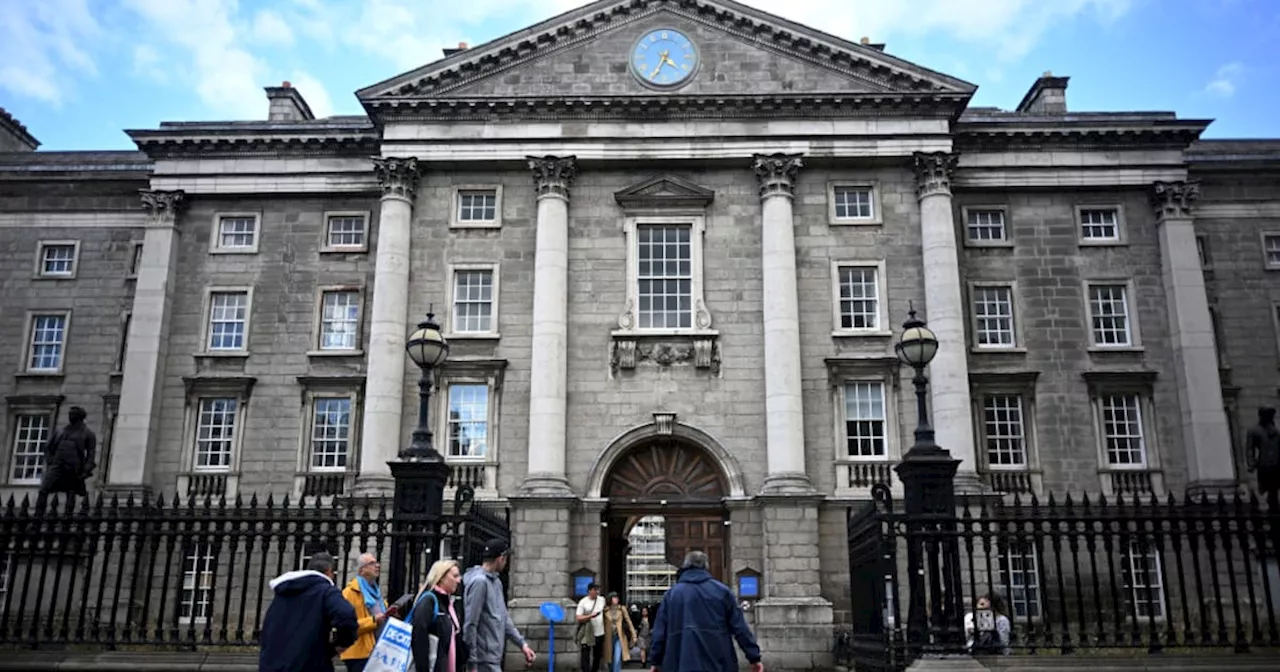This article chronicles the history of Trinity College Dublin's representation in parliament, highlighting notable MPs, literary connections, and a peculiar episode during the Irish independence movement.
The last ever election of the Dublin University constituency, where counting is now imminent, brings to a close more than 400 years in which Trinity has returned representatives to various versions of parliament. The tradition goes back to 1613 when Trinity, still in its early 20s then, won the right to elect two MPs, part of King James I’s plan to pack the Irish House of Commons with Protestants and so end the previously dominant influence of “Old English” Catholics.
An interesting early result was the election of Rev William Beddell in 1628. Despite being English and having had no contact with Ireland until a year previously, Beddell would end up – only 14 years later – buried under a gravestone with old Irish script in Cavan. This wasn’t an extreme example of the English going native. A Protestant evangelist, Beddell had sought to convert the natives though their own language. So as Bishop of Kilmore, he appointed only Irish speakers to parishes.Hence his bilingual epitaph, which also records that the deceased had been “Optimus Anglorum under whose patronage the Old Testament was translated into Irish”. Probably the most influential MP for Trinity, however, was also one of the last: Edward Carson, who represented it from 1892 to 1918. In failing to keep the whole island in the UK, Carson reluctantly helped create Northern Ireland. As a lawyer, he also helped ruin Oscar Wilde, something he hadn’t set out to do either. But a previous Trinity MP had gone ever further – actual literary homicide – consigning the poet John Keats to an early grave. Or at least that was the opinion of Keats’s friends, who believed that a savage (and anonymous) review of the poem Endymion in 1818 hastened the poet’s demise. “Poor fellow!” lamented Byron in verse. “’Tis strange the mind, that very fiery particle,/Should let itself by snuff’d out by an article.”Shelley, meanwhile, offered a more scientific post-mortem: “The savage criticism of his Endymion, which appeared in the Quarterly Review, produced the most violent effect on his susceptible mind; causing] the rupture of a blood-vessel in the lungs; a rapid consumption ensued, and the succeeding were ineffectual to heal the wound.” That wasn’t quite accurate, medically. But in any case, the damning critique had been the work of Galway-born John Wilson Croker, a poet himself, who hated the new Romantic style of which Keats, Shelley, and Byron were all exponents. This did not stop Croker becoming MP for Dublin University in 1827. Nor did representing Trinity soften his critical cough. An attack on Alfred Tennyson in 1833, equally fierce, helped dissuade the latter from publishing anything for the next nine years. Speaking of romantics, Dublin University can also claim to have elected Jane Austen’s Mr Darcy, or a bit of him. The link is Limerick-born, Huguenot-descended Tom Lefroy, who finished his days as Lord Chief Justice of Ireland. Lefroy represented Trinity from 1830-41. But decades before that, in 1796, he had been the “very gentlemanlike, good-looking, pleasant young man” with whom Austen flirted at a series of balls. In a letter to her sister, she was “almost afraid to tell you how my Irish friend and I behaved”. Even so, she added these scandalous details: “Imagine to yourself everything most profligate and shocking in the way of dancing and sitting down together”.That was the year she wrote Pride and Prejudice and it is widely supposed that Lefroy made it into the book. It has also been suggested that Austen mingled their personalities, allotting some of his to Elizabeth Bennett and some of hers to Darcy. Alas, the real-life romance ended in tears, when Lefroy went back to Ireland. It may be a truth universally acknowledged that a single man in possession of a good fortune must be in want of a wife. But as a young lawyer, Lefroy needed to marry up in the world. Austen didn’t fit the trajectory. Still, many years later, when he was very old, he would confess to having loved her, if only with a “boyish love”. On a less romantic note, before his election in Dublin University, Lefroy had opposed Catholic emancipation, warning of consequences in terms that even the London Times considered “apocryphal twaddle”. During a strange interlude between the end of British rule in Ireland and independence, in June 1921, MPs for Trinity (there were four of them) formed the entire attendance at the inaugural meeting of the House of Commons for “Southern Ireland”. They elected an acting chairman, Gerald Fitzgibbon, and then adjourned. But at the second meeting, held in the offices of the Department of Agriculture in July, only two turned up. So the chairman adjourned again, sine die (“without a day”). The house has stayed adjourned ever sinc
Trinity College Dublin Irish Parliament Dublin University Constituency Edward Carson John Keats Jane Austen Tom Lefroy Catholicism Irish Independence
Ireland Latest News, Ireland Headlines
Similar News:You can also read news stories similar to this one that we have collected from other news sources.
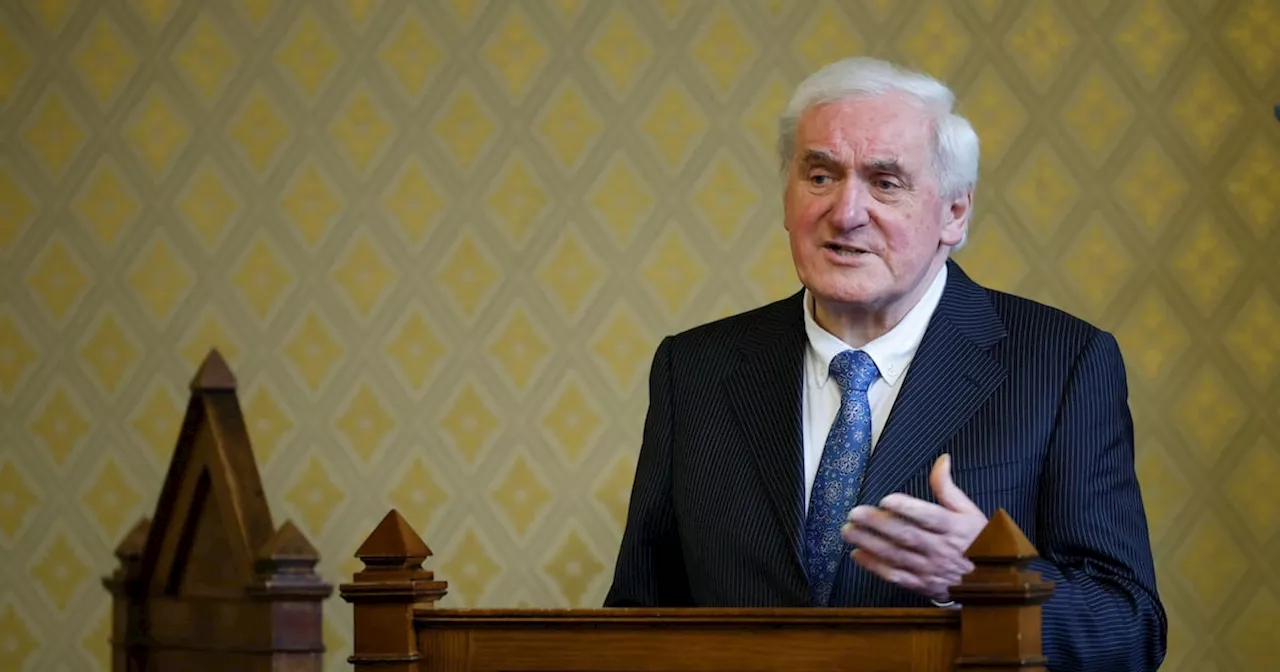 Former Taoiseach Bertie Ahern Honored by Trinity College Dublin Law SocietyBertie Ahern, former Taoiseach of Ireland, was presented with the TCD Law Society's 'Praeses Elit' award for his contribution to building peace in Ireland. During an event at Trinity College Dublin, Ahern spoke about his role in the peace process, the Belfast Agreement, and his potential candidacy for the upcoming presidential election.
Former Taoiseach Bertie Ahern Honored by Trinity College Dublin Law SocietyBertie Ahern, former Taoiseach of Ireland, was presented with the TCD Law Society's 'Praeses Elit' award for his contribution to building peace in Ireland. During an event at Trinity College Dublin, Ahern spoke about his role in the peace process, the Belfast Agreement, and his potential candidacy for the upcoming presidential election.
Read more »
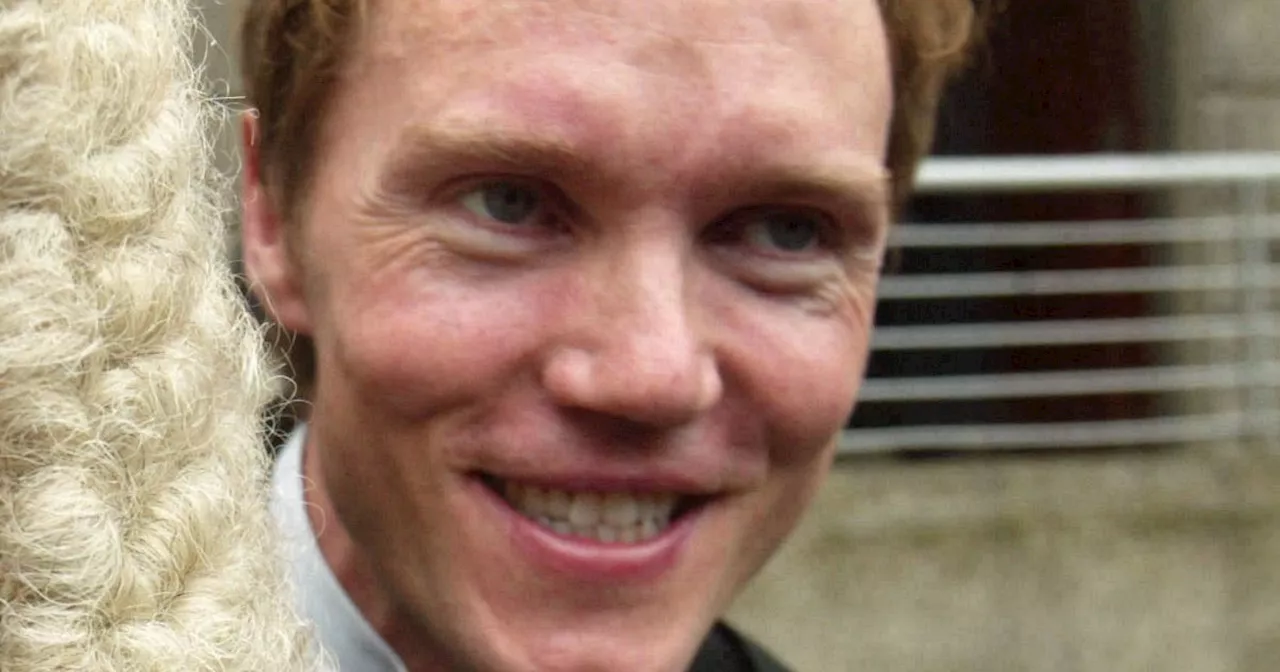 Trinity College Mummbles on Lecturer's Return After Murder AcquittalDiarmuid Rossa Phelan, acquitted of murder, may return to Trinity College Dublin as an associate professor. The university has declined to comment on whether he will resume his duties despite being cleared of the charges.
Trinity College Mummbles on Lecturer's Return After Murder AcquittalDiarmuid Rossa Phelan, acquitted of murder, may return to Trinity College Dublin as an associate professor. The university has declined to comment on whether he will resume his duties despite being cleared of the charges.
Read more »
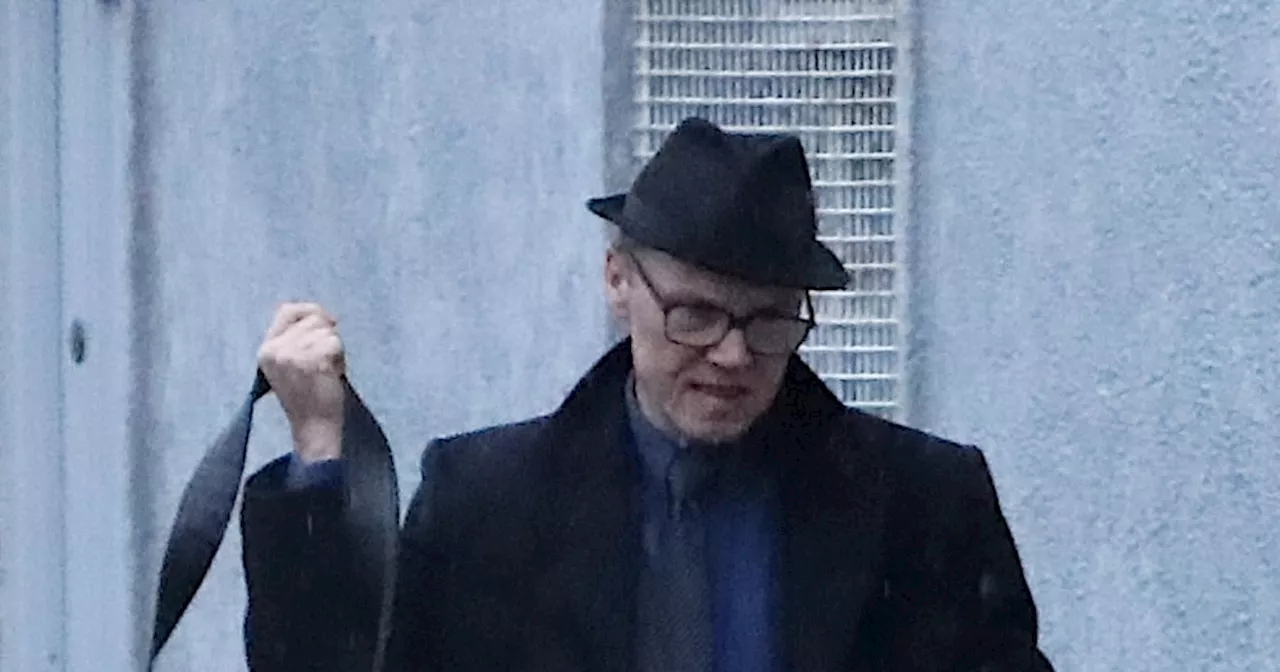 Law Professor Acquitted of Murder in Shooting of TrespasserDiarmuid Phelan, a law professor at Trinity College Dublin, was found not guilty of murdering Keith Conlon, a trespasser who died after being shot on Phelan's farm.
Law Professor Acquitted of Murder in Shooting of TrespasserDiarmuid Phelan, a law professor at Trinity College Dublin, was found not guilty of murdering Keith Conlon, a trespasser who died after being shot on Phelan's farm.
Read more »
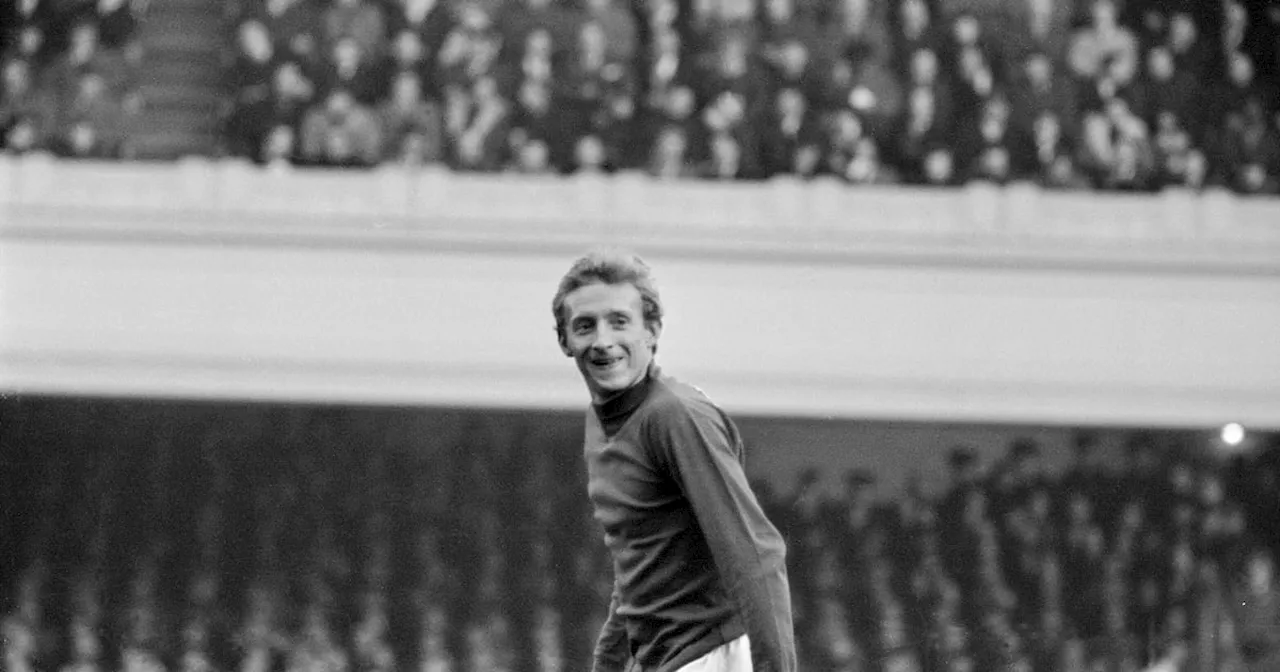 Denis Law, Manchester United Legend and 'Holy Trinity' Member, DiesManchester United legend and last surviving member of the club's 'Holy Trinity', Denis Law, has died. Law, a prolific goalscorer and Ballon d'Or winner, spent a successful decade at Old Trafford and remains a beloved figure among fans.
Denis Law, Manchester United Legend and 'Holy Trinity' Member, DiesManchester United legend and last surviving member of the club's 'Holy Trinity', Denis Law, has died. Law, a prolific goalscorer and Ballon d'Or winner, spent a successful decade at Old Trafford and remains a beloved figure among fans.
Read more »
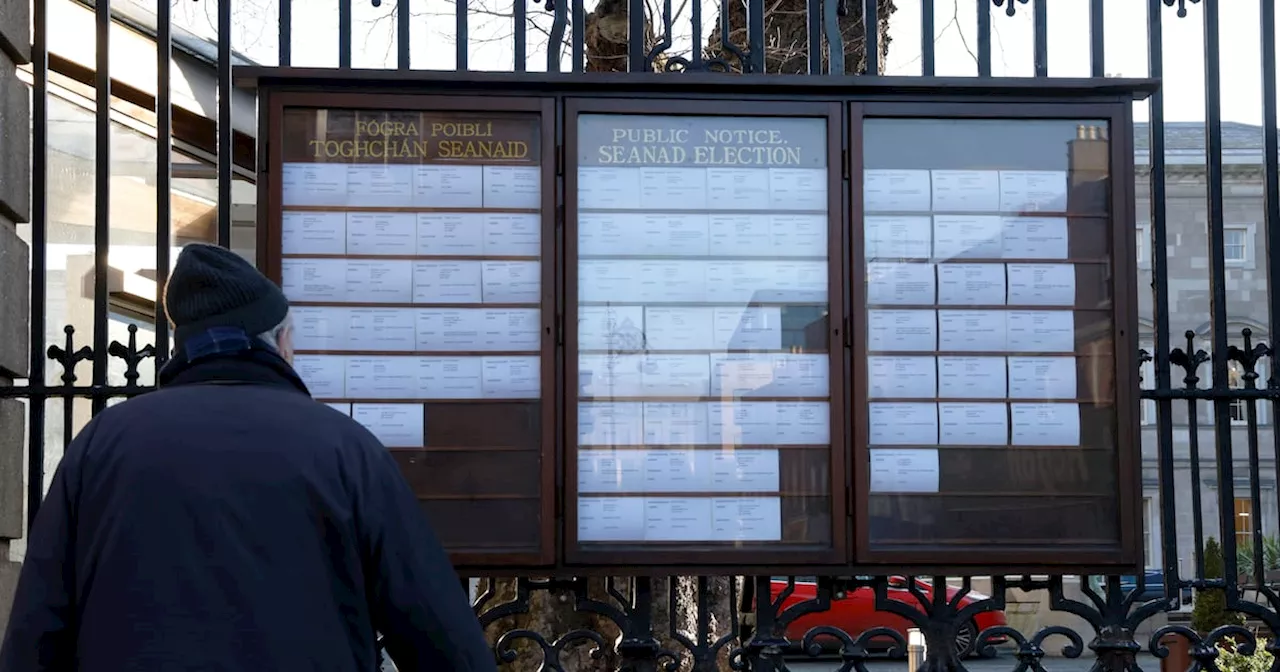 Counting Underway for Trinity and RDS Seanad ElectionsCounting begins for the Trinity and RDS elections, which will determine six of the 60 seats in Ireland's Upper House, the Seanad. The postal vote deadline for university panels is Wednesday morning, with a turnout below 25 percent expected. Counting for vocational panels ends Thursday, continuing through the bank holiday weekend.
Counting Underway for Trinity and RDS Seanad ElectionsCounting begins for the Trinity and RDS elections, which will determine six of the 60 seats in Ireland's Upper House, the Seanad. The postal vote deadline for university panels is Wednesday morning, with a turnout below 25 percent expected. Counting for vocational panels ends Thursday, continuing through the bank holiday weekend.
Read more »
 Law Professor Charged With Murder of TrespasserDiarmuid Phelan, a law professor at Trinity College Dublin, faces a murder charge after shooting Keith Conlon during a trespass incident on his farm. The jury is deliberating its verdict.
Law Professor Charged With Murder of TrespasserDiarmuid Phelan, a law professor at Trinity College Dublin, faces a murder charge after shooting Keith Conlon during a trespass incident on his farm. The jury is deliberating its verdict.
Read more »
